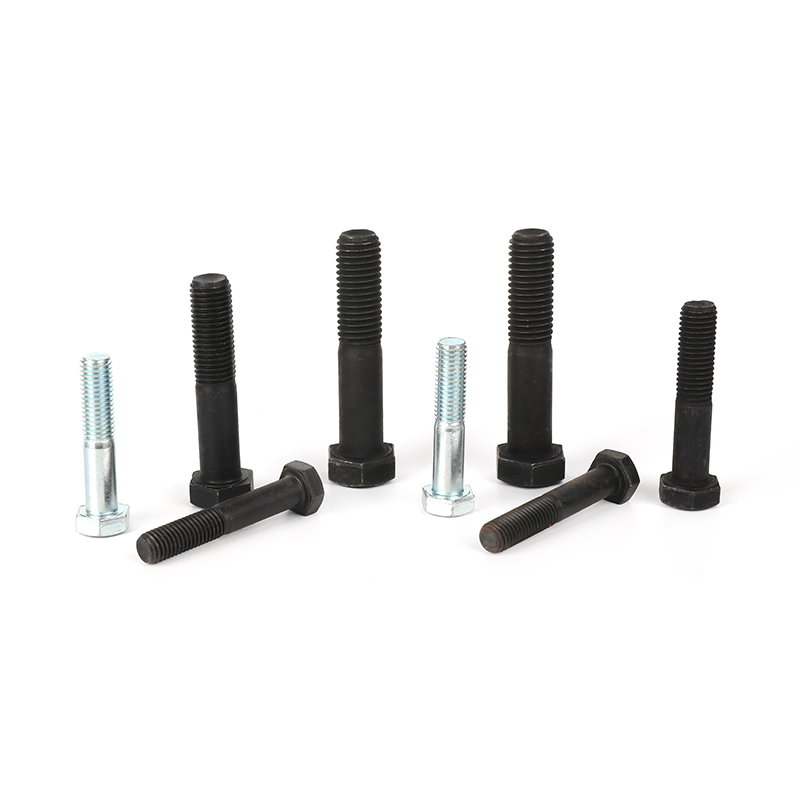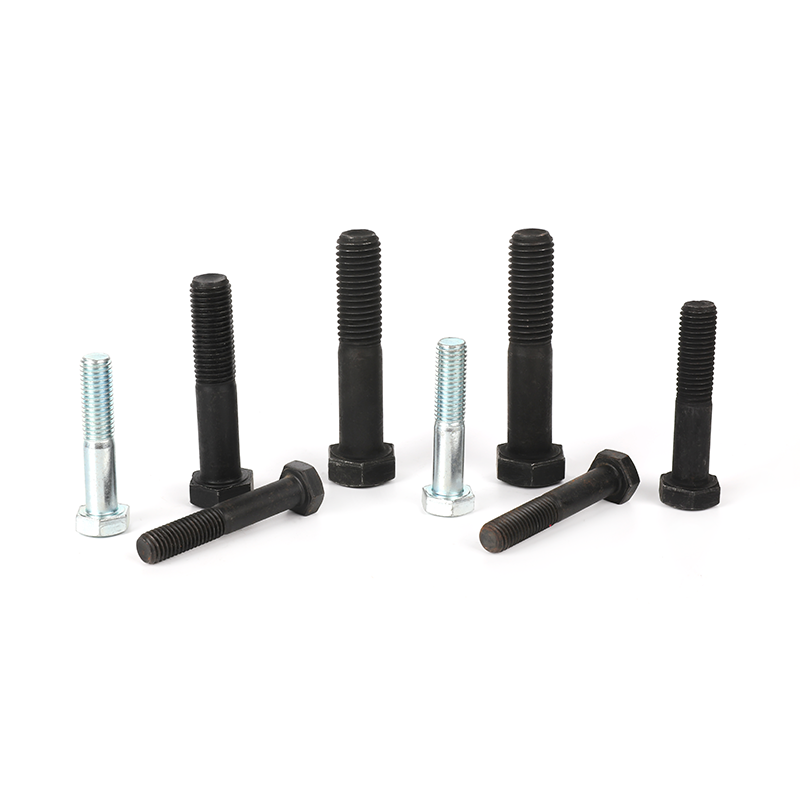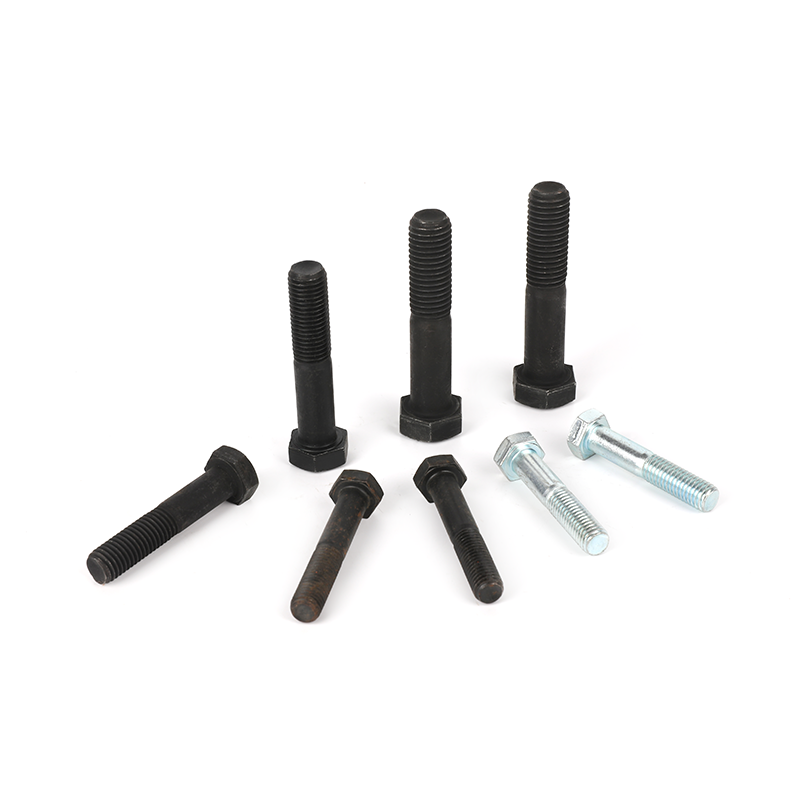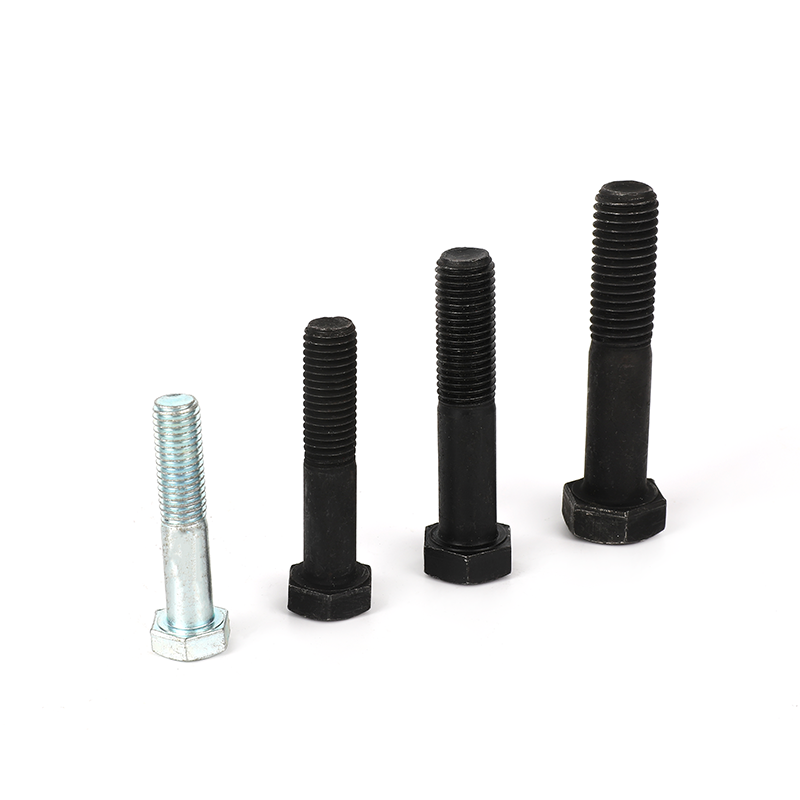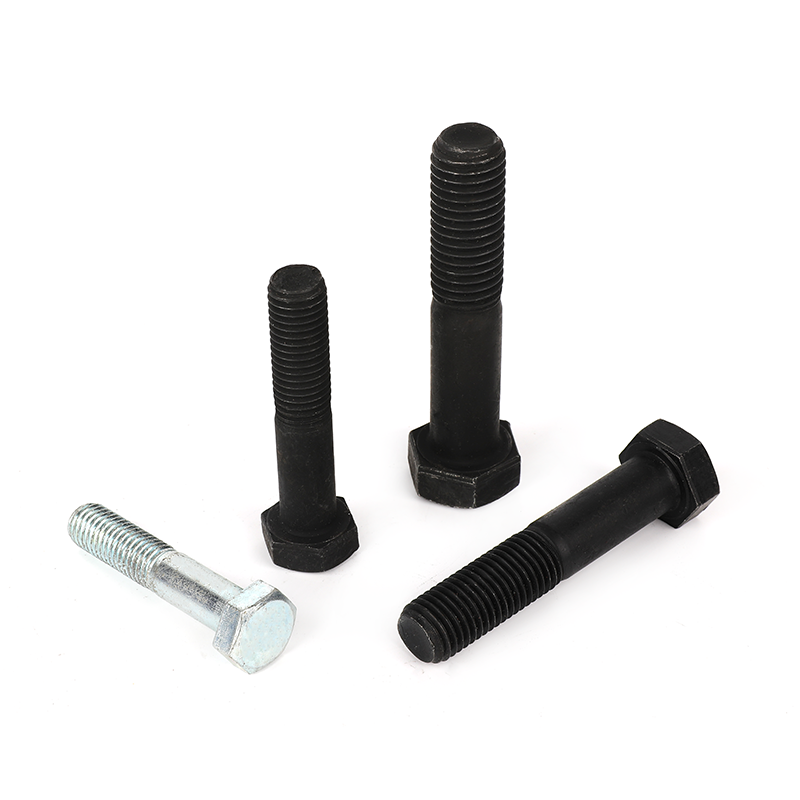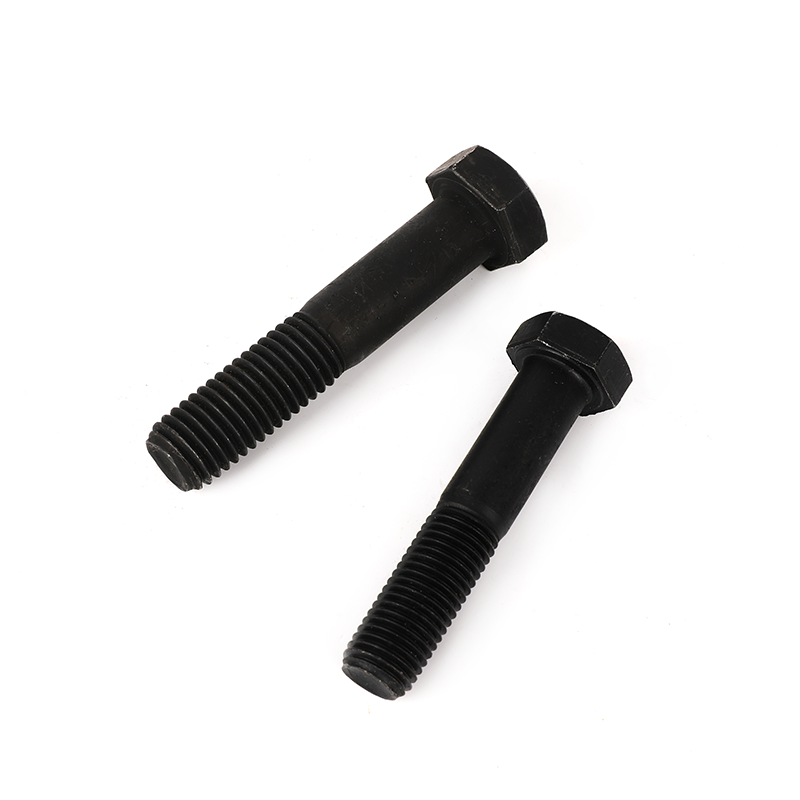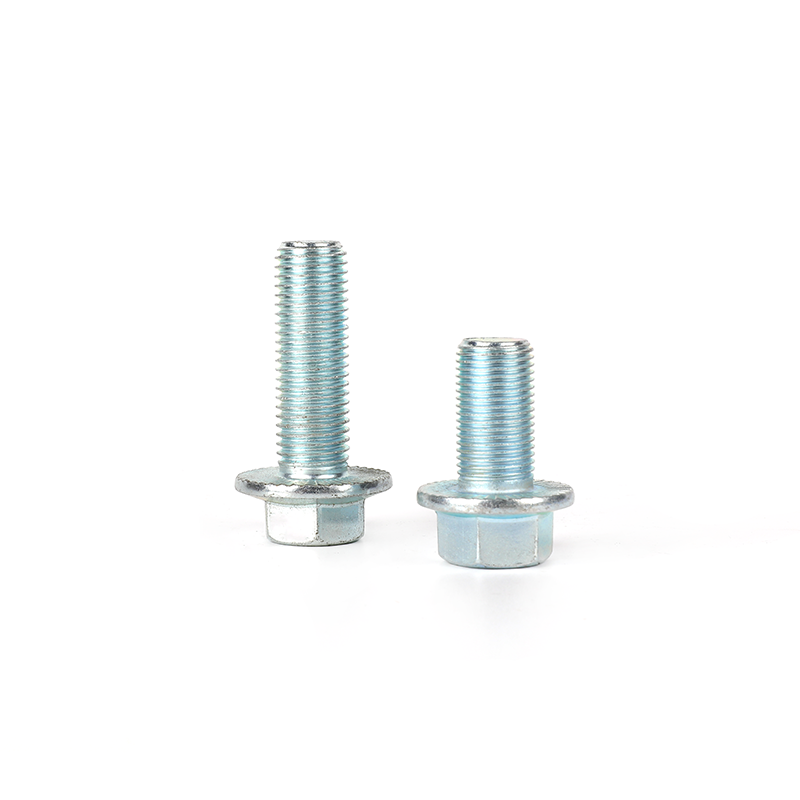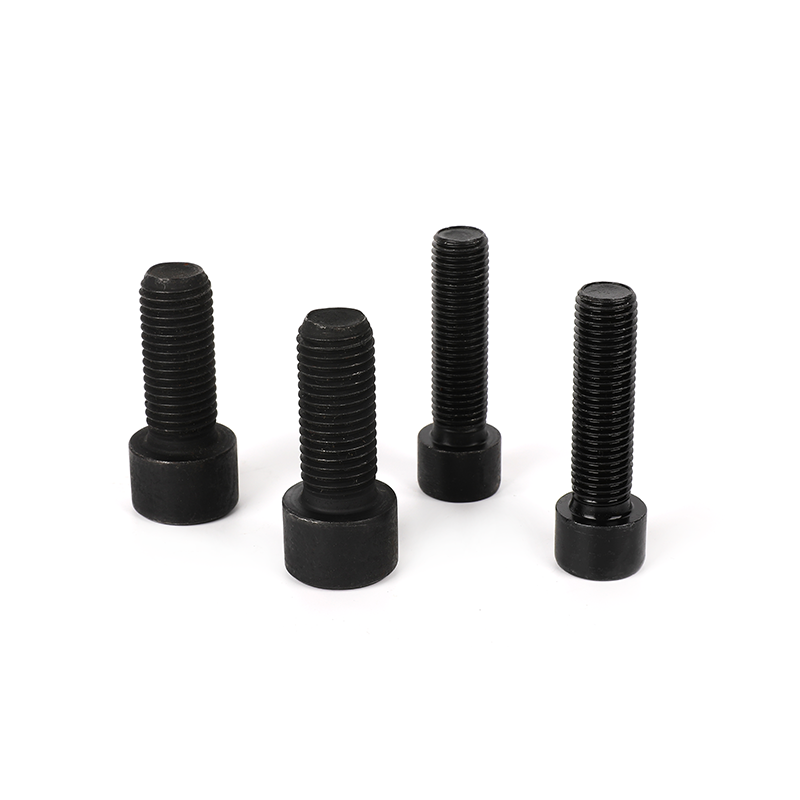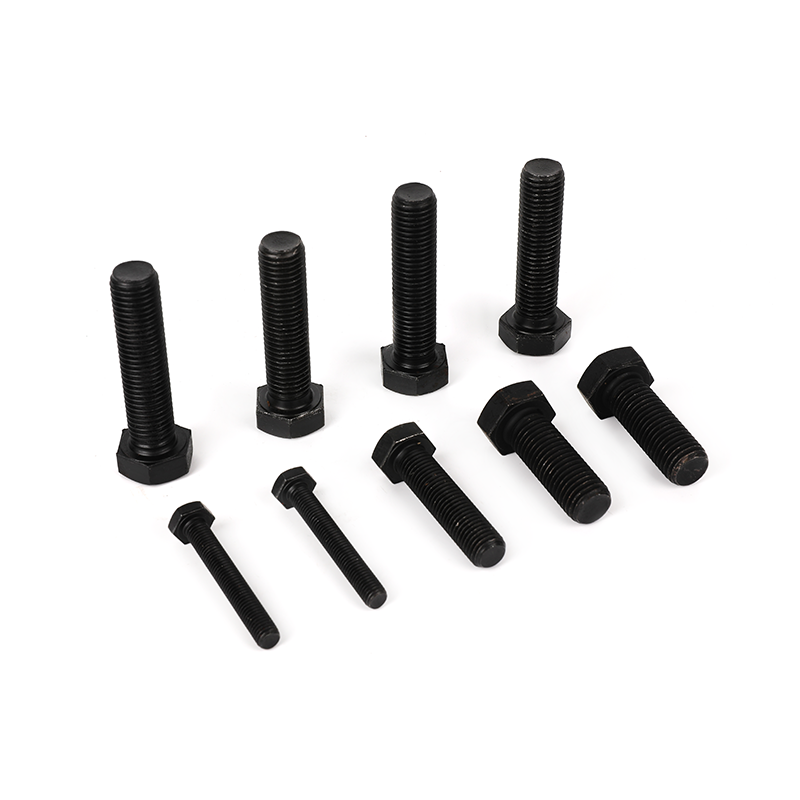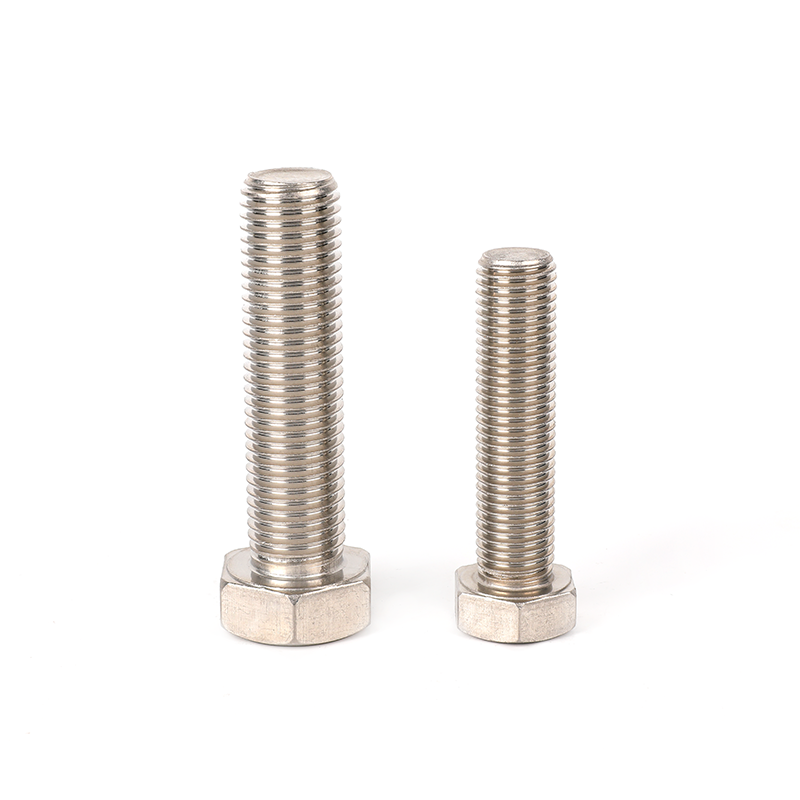Are there specific corrosive substances or atmospheric conditions that need to be considered for black oxide partial-thread hexagon bolts with reduced shank?
There are specific corrosive substances and atmospheric conditions that should be considered for
black oxide partial-thread hexagon bolts with reduced shank. While black oxide coating provides some level of corrosion resistance, its effectiveness can be influenced by the environment in which the bolts are used. Here are considerations for corrosive substances and atmospheric conditions:
Atmospheric Conditions:
Humidity: High humidity levels can accelerate corrosion. In humid environments, the black oxide coating may need to be supplemented with additional protective measures.
Saline Environments: Coastal areas with exposure to salt air can be corrosive. The salt content in the air, especially in marine environments, can impact the corrosion resistance of the bolts.
Corrosive Substances:
Chemical Exposure: Exposure to certain chemicals, acids, or alkaline substances can compromise the corrosion resistance of the black oxide coating. It's important to identify the specific chemicals present in the environment and assess their impact on the coating.
Industrial Pollutants: Environments with industrial pollutants, fumes, or emissions may contain corrosive substances that can affect the bolts. Regular cleaning and maintenance may be necessary in such environments.
Temperature Extremes:
High Temperatures: Elevated temperatures can affect the performance of the black oxide coating. In high-temperature applications, the coating may degrade over time, potentially reducing its effectiveness in preventing corrosion.
Low Temperatures: Extreme cold temperatures can impact the material properties of the bolts. In some cases, low temperatures may lead to embrittlement, making the bolts more susceptible to damage.
Galvanic Corrosion:Dissimilar Metals: When black oxide partial-thread hexagon bolts are used in conjunction with dissimilar metals, galvanic corrosion may occur. It's important to consider the compatibility of materials to minimize the risk of galvanic corrosion.
Outdoor Exposure:Direct Sunlight: Prolonged exposure to direct sunlight can contribute to the degradation of the black oxide coating. UV radiation and temperature fluctuations may impact the overall performance of the coating.
Cleaning and Maintenance Practices:Frequency of Cleaning: Regular cleaning of the bolts, especially in environments with airborne contaminants, can help maintain their corrosion resistance.
Type of Cleaning Agents: The type of cleaning agents used should be compatible with the black oxide coating. Harsh chemicals may adversely affect the coating.
Coating Integrity:Scratches or Abrasions: The integrity of the black oxide coating can be compromised by scratches or abrasions. Care should be taken during handling and installation to avoid damaging the coating.
Coating Thickness:Uniformity of Coating: Ensure that the black oxide coating is applied uniformly and with the specified thickness. Variations in coating thickness may impact the overall corrosion resistance of the bolts.

